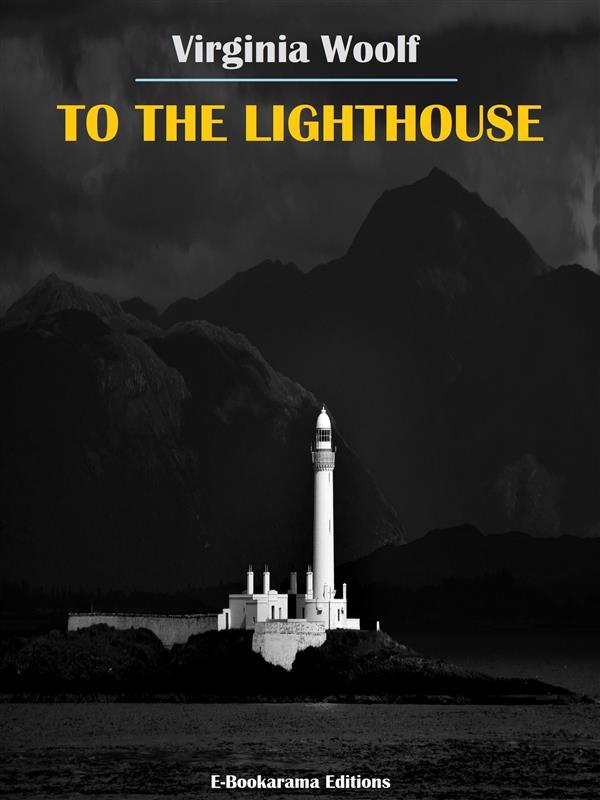
Sofort lieferbar (Download)
"To the Lighthouse" is a 1927 novel by Virginia Woolf and it is considered one of her best. In 1998, the Modern Library named "To the Lighthouse" No. 15 on its list of the 100 best English-language novels of the 20th century.
The serene and maternal Mrs. Ramsay, the tragic yet absurd Mr. Ramsay, and their children and assorted guests are on holiday on the Isle of Skye. From the seemingly trivial postponement of a visit to a nearby lighthouse, Woolf constructs a remarkable, moving examination of the complex tensions and allegiances of family life and the conflict between men and women.
As time winds its way through their lives, the Ramsays face, alone and simultaneously, the greatest of human challenges and its greatest triumph - the human capacity for change.
Following and extending the tradition of modernist novelists like Marcel Proust and James Joyce, the plot of "To the Lighthouse" is secondary to its philosophical introspection. Cited as a key example of the literary technique of multiple focalization, the novel includes little dialogue and almost no direct action; most of it is written as thoughts and observations.
The serene and maternal Mrs. Ramsay, the tragic yet absurd Mr. Ramsay, and their children and assorted guests are on holiday on the Isle of Skye. From the seemingly trivial postponement of a visit to a nearby lighthouse, Woolf constructs a remarkable, moving examination of the complex tensions and allegiances of family life and the conflict between men and women.
As time winds its way through their lives, the Ramsays face, alone and simultaneously, the greatest of human challenges and its greatest triumph - the human capacity for change.
Following and extending the tradition of modernist novelists like Marcel Proust and James Joyce, the plot of "To the Lighthouse" is secondary to its philosophical introspection. Cited as a key example of the literary technique of multiple focalization, the novel includes little dialogue and almost no direct action; most of it is written as thoughts and observations.
Produktdetails
Erscheinungsdatum
03. Dezember 2024
Sprache
englisch
Dateigröße
1,19 MB
Altersempfehlung
ab 13 Jahre
Autor/Autorin
Virginia Woolf
Verlag/Hersteller
Kopierschutz
ohne Kopierschutz
Family Sharing
Ja
Produktart
EBOOK
Dateiformat
EPUB
ISBN
9788826470085
Entdecken Sie mehr
Bewertungen
0 Bewertungen
Es wurden noch keine Bewertungen abgegeben. Schreiben Sie die erste Bewertung zu "To the Lighthouse" und helfen Sie damit anderen bei der Kaufentscheidung.









